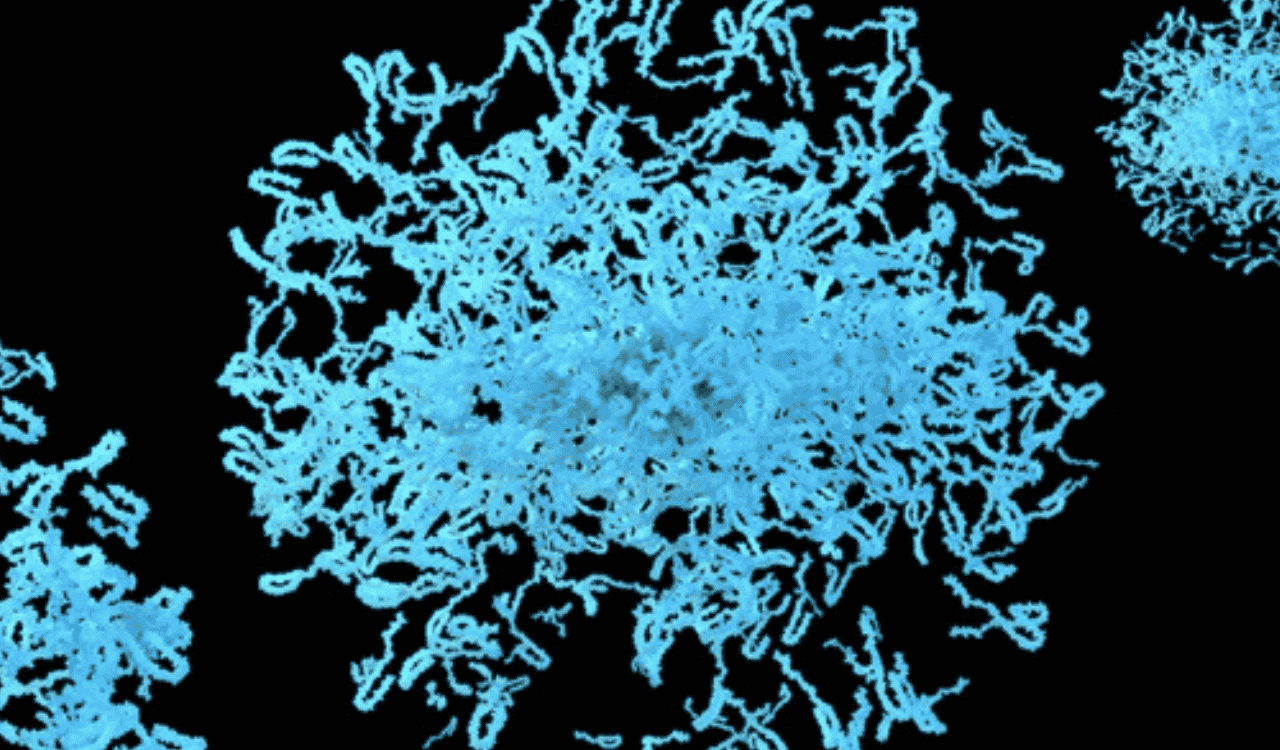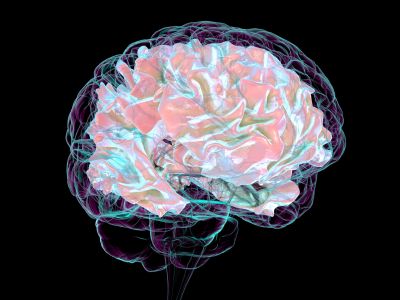
Promising Results from Athira Pharma’s Fosgonimeton
Athira Pharma, Inc. (NASDAQ: ATHA), a leading late-stage biopharmaceutical company dedicated to pioneering small molecules that rejuvenate neurons and decelerate neurodegeneration, has unveiled compelling findings from its SHAPE Phase 2 clinical trial. This trial assessed the potential of fosgonimeton (ATH-1017) in patients grappling with Parkinson’s disease, dementia, and dementia with Lewy bodies.
Fosgonimeton
Fosgonimeton is a groundbreaking investigational small molecule meticulously crafted to influence the hepatocyte growth factor (HGF) system positively. This system, when activated, can trigger neuroprotective, neurotrophic, and anti-inflammatory pathways within the central nervous system.
“In this modest exploratory study, the administration of fosgonimeton at a 40 mg daily dose demonstrated notable cognitive improvements compared to the placebo group. The results were statistically significant regarding the ADAS-Cog13 measure, with noteworthy trends observed in MMSE and COWAT over the six-month double-blind treatment period,” stated Dr. Hans Moebius, Chief Medical Officer at Athira. “These findings underscore the promise of targeting positive modulation of the HGF system as a versatile therapeutic strategy for combating neurodegenerative diseases.”
Dr. Kevin Church, Chief Scientific Officer of Athira, added, “The cognitive enhancements observed in the SHAPE trial further substantiate the evidence collected from our preclinical models of dementia. Together, these preclinical and clinical findings encourage us to continue developing our positive modulators of the HGF system to tackle diseases with diverse pathologies.”
While the primary endpoint of the SHAPE trial, which comprised a composite score reflecting changes in Event-Related-Potential (ERP) P300 latency and cognitive assessment (ADAS-Cog13), was not met in comparison to the placebo group, it’s essential to note that all five patients within the modified intent-to-treat (mITT) population, who received a daily 40 mg dose of fosgonimeton, demonstrated individual improvements in ADAS-Cog13. Collectively, they exhibited a statistically significant improvement of -7.2 points after 26 weeks compared to the placebo group (n=7 mITT, p=0.0321). Additionally, positive trends were evident in various cognitive, functional, and biomarker measurements among those treated with fosgonimeton at 40 mg. Results for patients receiving a 70 mg dose were less conclusive, possibly due in part to a higher dropout rate (50%) compared to both the 40 mg (22%) and placebo (22%) groups.
Fosgonimeton exhibited an overall favorable safety profile, with no serious adverse events or treatment-related deaths recorded during the study. The most common adverse event observed in the treatment groups was injection site reactions.
“The encouraging outcomes derived from the SHAPE trial provide further assurance in the ongoing Phase 2/3 LIFT-AD trial, where fosgonimeton is being investigated as a potential therapy for Alzheimer’s disease. This has led us to make an important protocol amendment in May 2023, focusing on the 40 mg dose compared to the placebo and discontinuing the 70 mg dose. We anticipate completing enrollment for the LIFT-AD trial early in 2024 and unveiling topline results in the latter half of the same year,” remarked Dr. Mark Litton, President and CEO of Athira. “On a broader scale, we remain optimistic about the clinical and preclinical evidence supporting the potential therapeutic benefits of HGF system positive modulation across a wide spectrum of neurodegenerative diseases.”
About the SHAPE Trial (NCT04831281)
The SHAPE trial was a randomized, double-blind, placebo-controlled, parallel-group Phase 2 study that investigated ATH-1017 in subjects dealing with Parkinson’s disease dementia or dementia with Lewy bodies. Originally designed to enroll approximately 75 individuals, Athira opted to halt enrollment in October 2022, ultimately including 28 subjects due to identified study design limitations and prioritization of resources towards the LIFT-AD trial in Alzheimer’s disease. Participants were randomly assigned to one of two dose groups or a placebo group in a 1:1:1 ratio. They received a subcutaneous injection of ATH-1017 or a placebo once daily over a 26-week treatment period. It’s worth noting that 29% of participants were concurrently on background therapy with acetylcholinesterase inhibitors (AChEIs). The primary endpoint for SHAPE was the alteration in Event-Related-Potential (ERP) P300 latency, a functional measure reflecting working memory processing speed, and the composite Global Statistical Test. This impartial mathematical algorithm combines cognitive assessment scores.
Expectations are high for the presentation of SHAPE trial results at an upcoming medical conference.
About Athira Pharma, Inc.
Headquartered in the Seattle, Washington area, Athira Pharma, Inc. is a prominent late-stage biopharmaceutical company with a steadfast focus on developing small molecules to rejuvenate neurons and decelerate neurodegeneration. Athira strives to reshape the trajectory of neurological diseases through its pipeline of therapeutic candidates targeting the neurotrophic HGF system. These endeavors extend to Alzheimer’s and Parkinson’s disease, Dementia with Lewy bodies, and amyotrophic lateral sclerosis. For more in-depth information, please visit www.athira.com.



